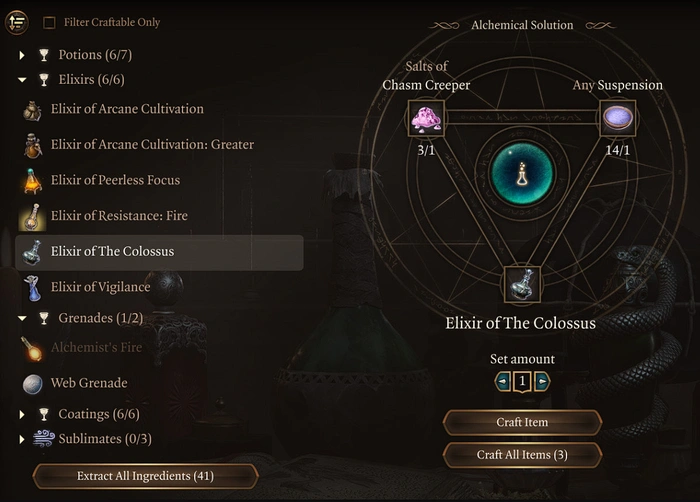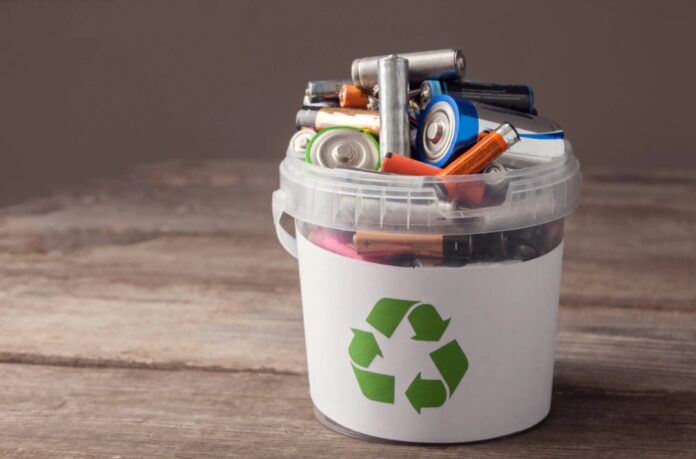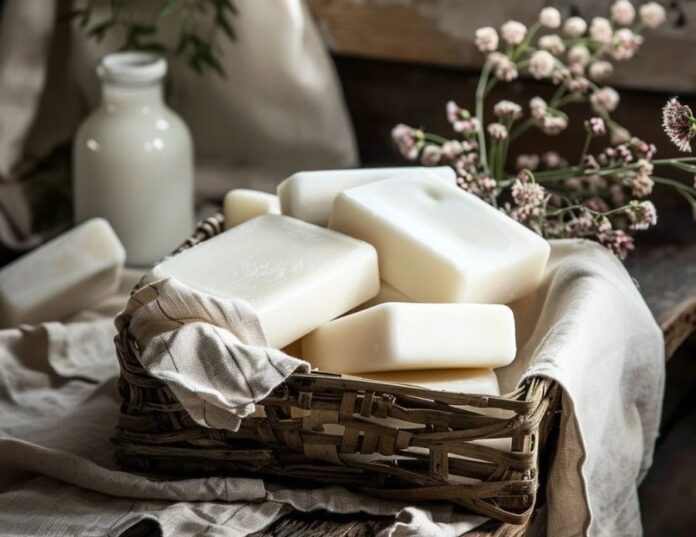Alchemy in the new role-playing game created by Larian Studios is much easier than most RPG games and offers an excellent way of increasing your damage, playability and role-playing skills. This quick guide will provide an overview of how you can quickly dive into the Baldurs Gate 3 Alchemy menu using ingredients you may have found on your adventures.
In Baldur’s Gate 3, alchemy plays a pivotal role in enhancing the gameplay experience. The alchemical process allows players to concoct a variety of potions, elixirs, oils, and more, providing them with an edge in their adventures. The alchemical process in Baldur’s Gate 3 is straightforward and requires three of a specific material to extract it into a usable ingredient form.
These forms include Sublimate, Salt, Essence, Ash, Vitriol, or Suspension. Each recipe calls for a specific processed material, such as Salts of Mugwort, in addition to a generic ingredient, such as any Suspension. It’s important to note that each alchemical base material converts into only one type of ingredient, eliminating the risk of using the “Extract All Ingredients” button.
Baldurs Gate 3 Alchemy guide
Accessing the Alchemy menu is simple and can be done through the inventory. Here, players can view a list of potions, elixirs, oils, and more. If no potions are visible, players can click on ‘extract’ to learn new recipes from items gathered in the game. The process of creating a potion is straightforward, with the required materials displayed at the top and the resulting product at the bottom. For a full list of all available ingredients and creations jump over to the BG3 Wiki website.
Other articles you may find of interest on the subject of Baldurs Gate 3 :
Creating the perfect alchemist using
A clever strategy to get more potions for the same amount of materials involves creating a personal Alchemy character. This character should be a halfling, and the re-specked to a Wizard, with wisdom pumped up to 17 and proficiency in medicine. At level 2, players should choose the subquest transmutation, which provides an extra potion if a medicine check is passed during potion creation. At level 3, the character should multi-class into Rogue to add expertise to medicine and increase the chance of passing medicine checks. As the character levels up, players should continue to boost wisdom.
The halfling character is chosen for the ‘lucky’ perk, which allows for a reroll if a one is rolled, thereby increasing the chances of success. This character should be used exclusively for potion creation and can be left in camp when not needed. This process creates a personal alchemy station in the camp, enhancing the alchemical capabilities of the player.
It’s worth mentioning that players should be cautious when choosing the ingredient for the generic slot. This is because the chosen ingredient might be needed as a specific component in a different recipe. Since the auto-filled ingredient in the generic slot cannot be swapped out, it’s advisable to store extracted ingredients in the camp stash and only retrieve them as needed to fill the desired recipe.
The Alchemy system in Baldur’s Gate 3 offers a rich and rewarding gameplay experience. By understanding the intricacies of the system and employing strategic approaches, players can maximize their alchemical prowess and gain an edge in their adventures.
Filed Under: Gaming News, Top News
Latest Aboutworldnews Deals
Disclosure: Some of our articles include affiliate links. If you buy something through one of these links, Aboutworldnews may earn an affiliate commission. Learn about our Disclosure Policy.







